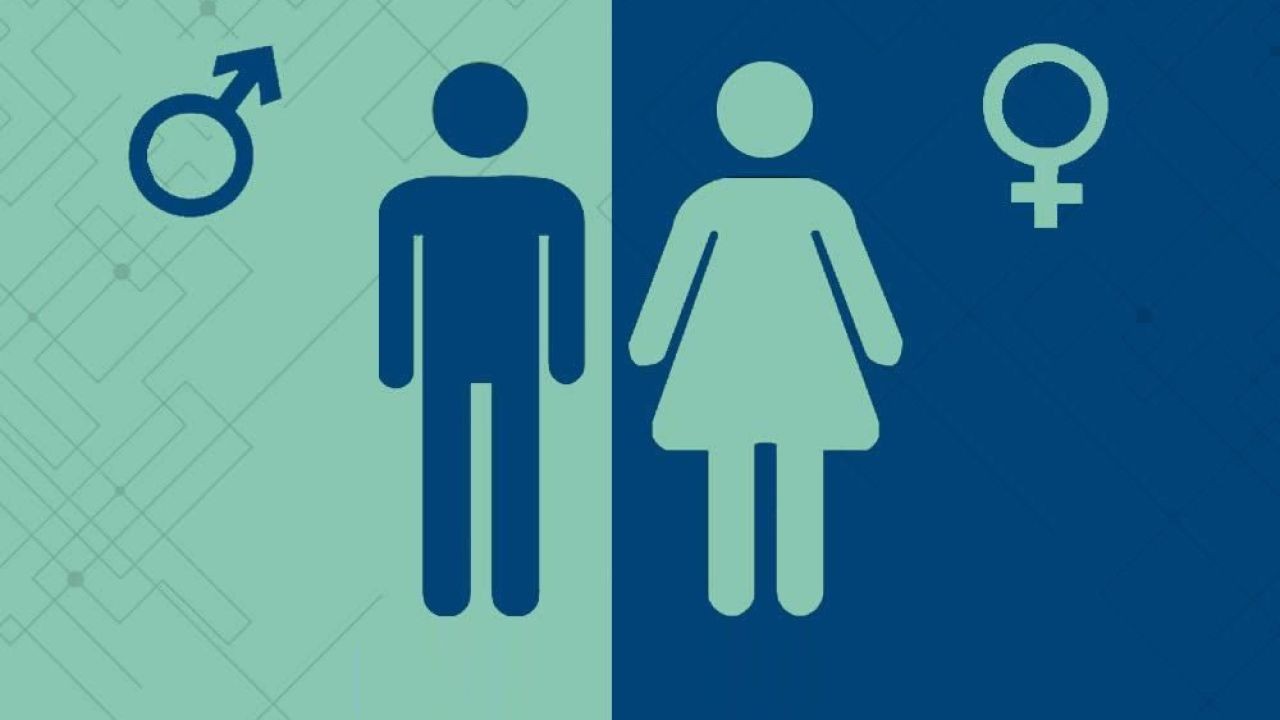New Zealand's journey toward gender equality presents a dynamic landscape with both promising advancements and persistent challenges. As the nation continues to address gender disparities, understanding how these efforts affect young women is crucial. From legislative measures to societal changes, the impact on this demographic is profound, shaping not only their careers but also their personal lives.
Understanding the Current State of Gender Equality in New Zealand
Gender equality in New Zealand has been a focal point of policy and social initiatives. According to Stats NZ, women in New Zealand have seen improvements in education and workforce participation. However, challenges remain, particularly in achieving pay equity and representation in leadership roles. The government's commitment to addressing these issues is evident through policies like the Equal Pay Amendment Act 2020, which aims to close the gender pay gap.
The Economic Implications for Young Women
The economic landscape for young women in New Zealand is evolving. Industries traditionally dominated by men, such as technology and engineering, are now seeing increased participation from women. However, the Reserve Bank of New Zealand reports that women still face barriers in accessing equal opportunities, particularly in higher-paying roles. This disparity impacts their long-term economic stability and career progression.
Case Study: Xero's Commitment to Gender Equality
Background Context: Xero, a leading cloud-based accounting software company based in Wellington, has been at the forefront of promoting gender equality. The company recognized a gender imbalance within its workforce, particularly in technical roles.
Action: Xero implemented a comprehensive diversity and inclusion strategy, focusing on recruitment, retention, and leadership development for women. They introduced mentorship programs and flexible work arrangements to support women's career growth.
Result: Over three years, Xero increased female representation in technical roles by 15% and closed the gender pay gap within the company. Employee satisfaction surveys indicated a 25% increase in overall workplace morale.
Takeaway: Xero's approach demonstrates the effectiveness of targeted diversity strategies in improving gender balance and overall company performance. New Zealand businesses can learn from Xero's example to enhance their own diversity initiatives.
Expert Opinion: The Role of Education in Gender Equality
Education is a critical factor in achieving gender equality, particularly for young women. Dr. Sarah Thompson, a gender studies expert at the University of Auckland, emphasizes the need for gender-sensitive curricula and career guidance. "Empowering young women through education not only enhances their career prospects but also contributes to broader societal change," says Dr. Thompson.
Breaking Common Myths About Gender Equality
- Myth: Gender equality has been fully achieved in New Zealand.
- Reality: Despite progress, New Zealand still faces gender disparities in pay and leadership roles (Source: Ministry for Women).
- Myth: Women do not aspire to leadership positions.
- Reality: Studies show that women are equally ambitious but face systemic barriers to leadership (Source: NZ Institute of Directors).
Pros vs. Cons of Current Gender Equality Initiatives
Pros:
- Increased Workforce Diversity: Diverse teams lead to better decision-making and innovation.
- Economic Growth: Closing the gender gap could add billions to the national GDP.
- Social Progress: Gender equality promotes social cohesion and reduces poverty.
Cons:
- Implementation Challenges: Achieving true equality requires systemic changes, which can be slow.
- Resistance to Change: Some sectors are resistant to adopting gender equality measures.
- Resource Intensive: Effective initiatives require significant investment in training and policy development.
Future Trends & Predictions in Gender Equality
As New Zealand continues to champion gender equality, several trends are expected to shape the future. By 2030, it's predicted that the gender pay gap will significantly reduce, thanks to ongoing legislative efforts and societal awareness. Additionally, with the rise of women in STEM fields, industries are likely to witness a more balanced workforce, driving innovation and economic growth.
Conclusion
New Zealand's commitment to gender equality is reshaping opportunities for young women, impacting both their economic prospects and societal roles. As businesses and policymakers continue to address these challenges, the nation moves closer to achieving true gender parity. By learning from successful case studies like Xero and embracing ongoing trends, New Zealand can set a global standard for gender equality.
Final Takeaway & Call to Action
Are you ready to support gender equality in your organization? Start by reviewing your current policies and consider implementing mentorship programs. Share your experiences and insights on how we can collectively drive change in New Zealand's gender equality landscape.
People Also Ask
- How does gender equality impact businesses in New Zealand? Gender equality enhances innovation and decision-making, leading to increased productivity and profitability for businesses.
- What are the biggest misconceptions about gender equality? A common myth is that gender equality has been fully achieved, but disparities in pay and leadership roles still exist.
- What are the best strategies for implementing gender equality? Implementing mentorship programs, flexible work arrangements, and diversity training are effective strategies.
- Who benefits the most from gender equality? Gender equality benefits individuals, businesses, and society, promoting social cohesion and economic growth.
Related Search Queries
- Gender equality initiatives in New Zealand
- Impact of gender equality on New Zealand's economy
- Challenges facing young women in New Zealand
- Gender pay gap in New Zealand
- Women in leadership roles in New Zealand































